Cyber Security
TOP STORY
Media Alert
Protecting Utah
Data Privacy Day 2021 – Own Your Privacy

National Cyber Security Alliance encourages individuals to “Own Your Privacy” by learning more about how to protect their valuable data online
Data Privacy Day is a global effort — taking place annually on January 28th — that generates awareness about the importance of privacy, highlights easy ways to protect personal information and reminds organizations that privacy is good for business. Data Privacy Day began in the United States and Canada in January 2008 as an extension of the Data Protection Day celebration in Europe. Data Protection Day commemorates the Jan. 28, 1981, signing of Convention 108, the first legally binding international treaty dealing with privacy and data protection. Data Privacy Day is observed annually on Jan. 28.
Data Privacy Day is the signature event in a greater privacy awareness and education effort. Year-round, the National Cyber Security Alliance (NSCA) educates consumers on how they can own their online presence and shows organizations how privacy is good for business.
In 2021, NCSA is encouraging individuals to “Own Your Privacy” by learning more about how to protect your valuable data online, and encouraging businesses to “Respect Privacy”, which advocates for holding organizations responsible for keeping individuals’ personal information safe from unauthorized access and ensuring fair, relevant and legitimate data collection and processing. These themes are encouraged through the below messaging and calls to action:
ADVICE FOR INDIVIDUALS: OWN YOUR PRIVACY
Individuals feel an increasing lack of control over their personal data. However, there are steps you can take to learn about the types of data you’re generating online, and how it’s collected, shared and used. Follow these basic privacy tips to help you better manage your personal information and make informed decisions about who receives your data.
Calls to Action:
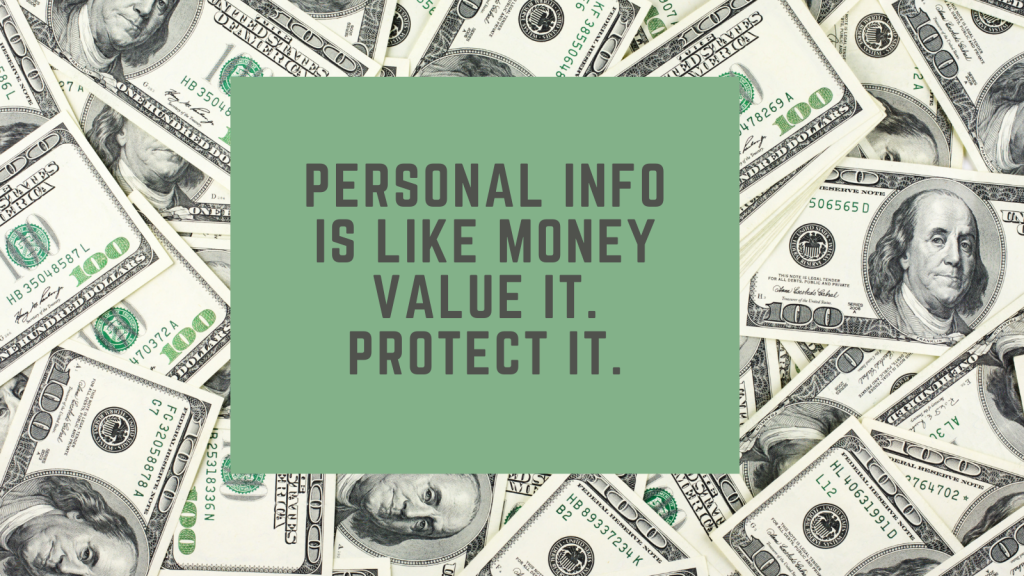
- Personal info is like money: Value it. Protect it. Personal information, such as your purchase history, IP address, or location, has tremendous value to businesses – just like money. Make informed decisions about whether or not to share your data with certain businesses by considering the amount of personal information they are asking for, and weighing it against the benefits you may receive in return.
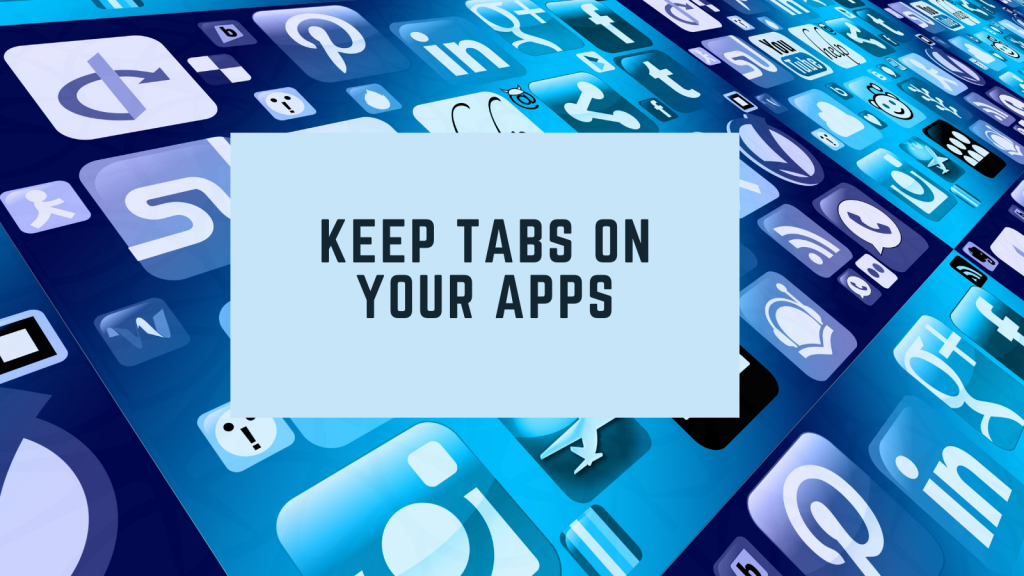
- Keep tabs on your apps. Many apps ask for access to personal information, such as your geographic location, contacts list and photo album, before you can use their services. Be thoughtful about who gets that information, and wary of apps that require access to information that is not required or relevant for the services they are offering. Delete unused apps on your internet-connect devices and keep others secure by performing updates.
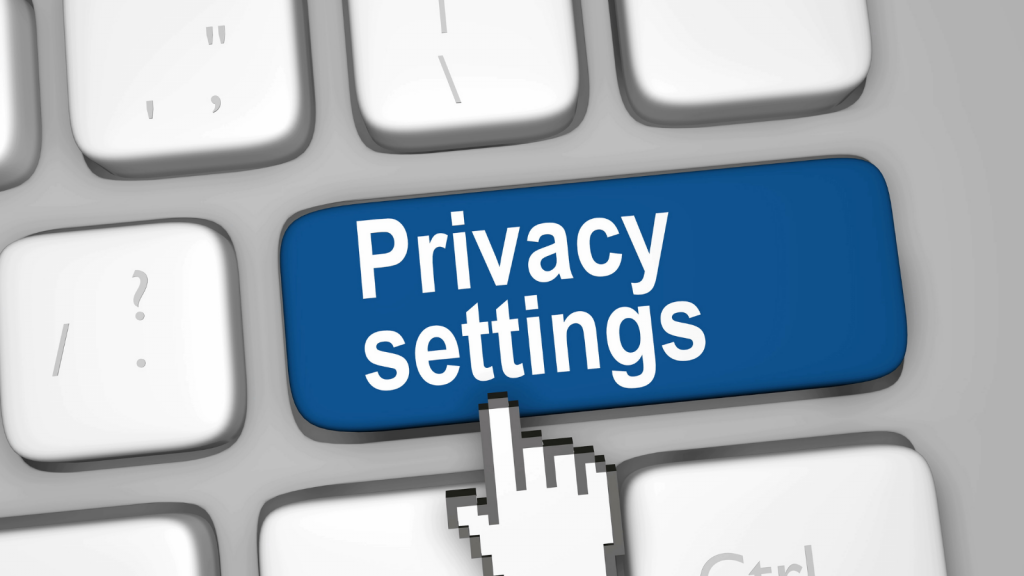
- Manage your privacy settings. Check the privacy and security settings on web services and apps and set them to your comfort level for information sharing. Each device, application or browser you use will have different features to limit how and with whom you share information. Get started with NCSA’s Manage Your Privacy Settings page:https://staysafeonline.org/stay-safe-online/managing-your-privacy/manage-privacy-settings/

FBI’s Internet Crime Complaint Center (IC3)
The IC3 aims to provide the public with a reliable and convenient reporting mechanism to submit information to the Federal Bureau of Investigation concerning suspected Internet-facilitated criminal activity and to develop effective alliances with law enforcement and industry partners.
According to the IC3’s 2019 Annual Report, there were 38,128 reported victims of personal data breaches in the U.S. and 377 reported victims of personal data breaches in Utah. Personal data breach was in the top five victim count for both the U.S. and Utah.
More details can be found in the IC3 2019 Annual Report.
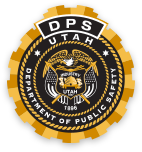
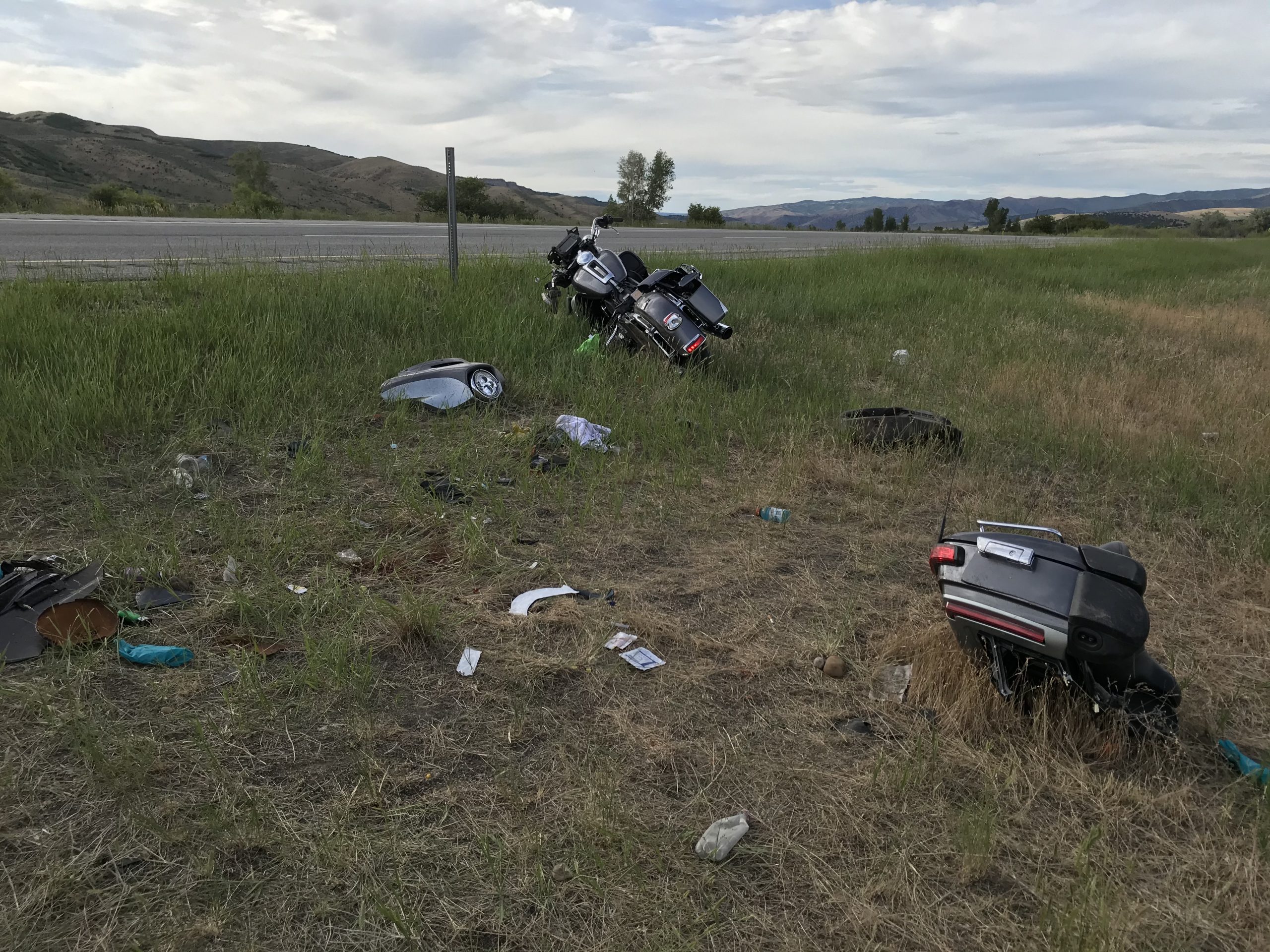


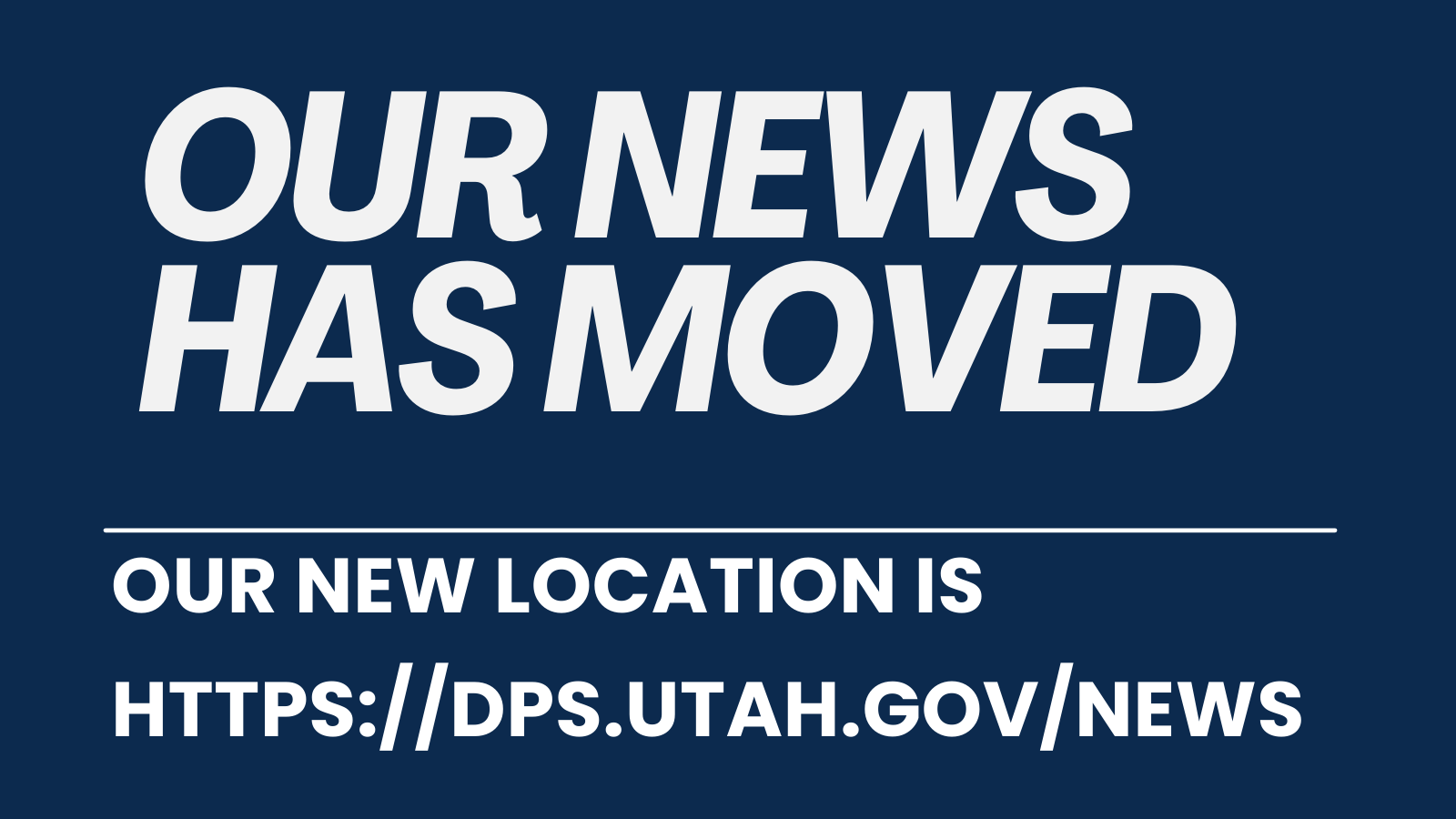
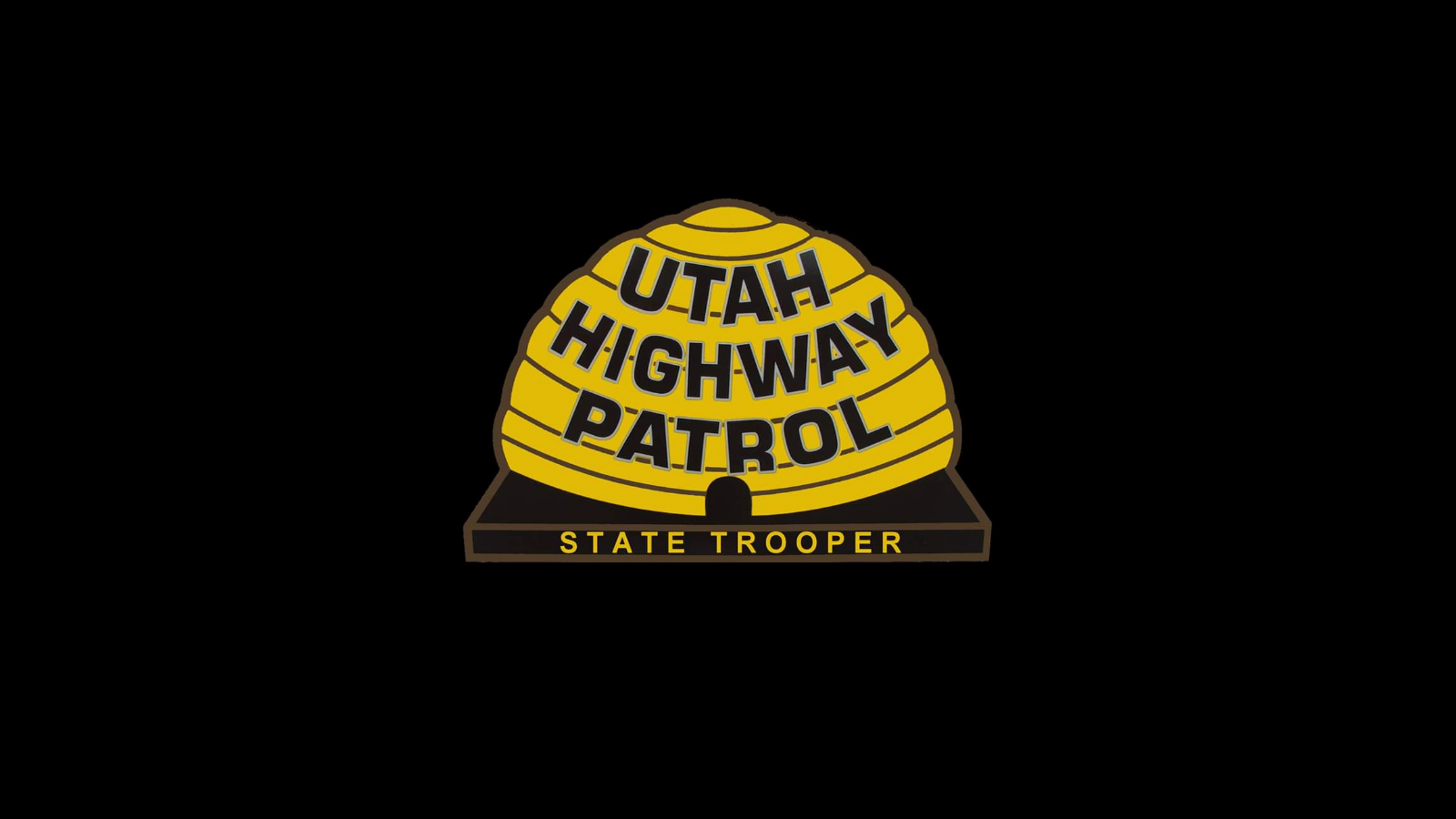
SHARE THIS MEDIA ALERT